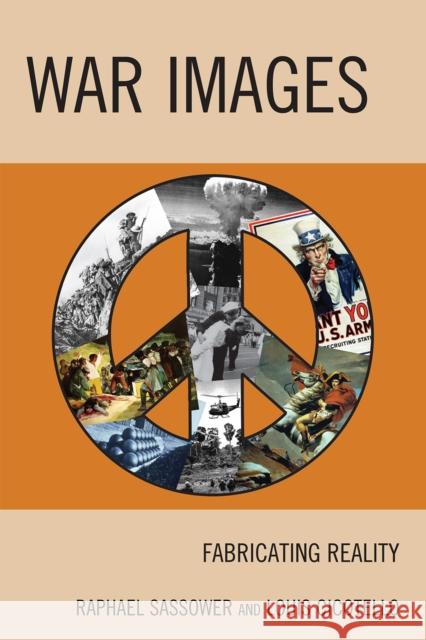War Images: Fabricating Reality » książka
War Images: Fabricating Reality
ISBN-13: 9780739143117 / Angielski / Miękka / 2010 / 134 str.
In this book, the authors explore images of war and their effect on society. The authors keep in mind that the experience of being at war is much different from the experience of viewing a war image. Thus it is our responsibility to engage war images critically and personally, because lives are at stake and the future of world peace lies in the balance. The iconic image of any war and its ideological underpinning must be more fully appreciated. This book suggests that consumers of war images must simultaneously pay attention to the details of any given image (and thereby uncover its ideology), while exploring other, alternative images related to the same war, in order to consider other perspectives. The effectiveness of the visual language is such that it demands a careful and critical analysis, such as the one that offered here. The emphasis on the pragmatic reading of images has more to do with the power of images to convey, most commonly, a single idea or value, rather than to engage the observer with an inconsistent or contradictory set of ideas and values. This is where pastiche and collage come into play as compositional strategies through which many images are juxtaposed against each other so as to break the uniformity of an artwork, poster, or photograph. The aesthetic experience, however intense, is not a war experience, and the one could never substitute the other. The visual landscape itself is open to ideological manipulation-selection, framing, focus-so that we end up having to deal with theories and ideas even when we refuse to deal with them at first, for they end up determining and informing what images find their way into our cultural memory.











